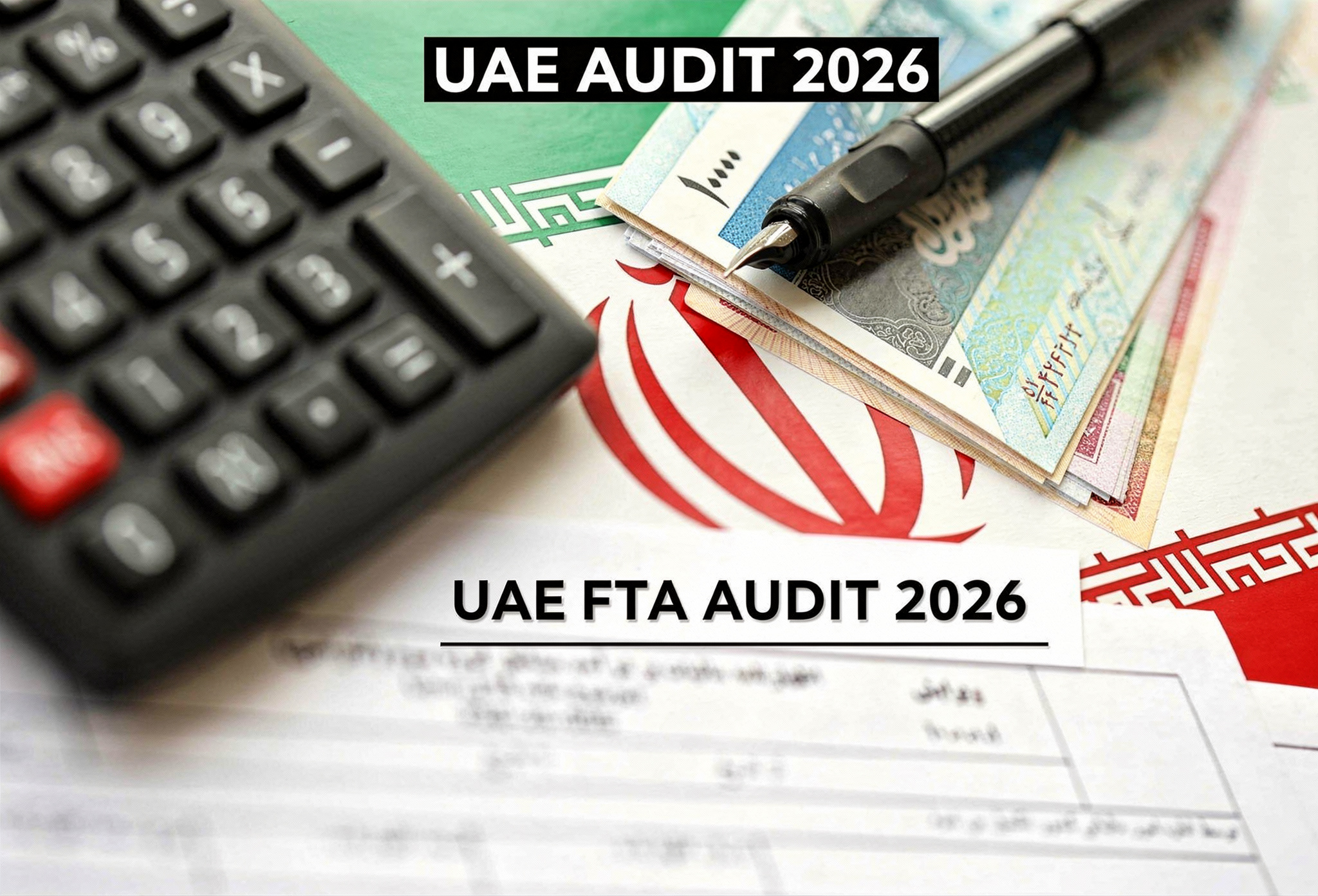There has been a significant boom in the setting up of businesses in the past decade. More and more people prefer to set up businesses all around the world. The Middle East, especially the United Arab Emirates has turned out to be a fertile ground for setting up a business as people from all over the world prefer to set up business in the country. There are various reasons for choosing UAE as the country to set up their business. Some of them are as follows:
- Availability of Free Zones
- Gateway to markets in the Middle East
- Suitable business environment
- Easy access to manpower, resources and markets.
With an increase in the number of businesses, there is also an increase in the various fraudulent and money laundering activities which a business can conduct. To address this issue, the government of the United Arab Emirates has recently introduced AML guidelines. These guidelines need to be followed by all the auditors of the company so that no problem is faced by the business in the future.
It is the duty of an auditor to examine and analyse all the records of the business and also ensure that all the compliance rules are being complied with by the business. This is the reason the auditors of the company should identify all the risks (if any) to the business in terms of money laundering and if all the rules and regulations regarding money laundering are being followed by the business.
Obligations of the Auditors
Below are mentioned the obligations which are applicable to an auditor of the company. These should be wholeheartedly followed by all the auditors of every company irrespective of nature, size or activity followed by the business.
- Identify the present risks related to Money Laundering and assess the position of the business on money laundering. The auditor should also ensure that the business poses no risk related to Financing of Terrorism.
- An auditor should maintain a record of all the transactional activity of the business so that all the transactions of the business can be cross-verified.
- It is the duty of the auditor to establish, record and update all the policy documents and all the various processes applied to identify and mitigate all the potential risks to the business.
- Monitor the customers on the basis of the risk they pose to the business. They should also monitor the ongoing procedures at intervals.
- If during the analysis the auditor comes across any suspicious transaction, then such transaction should be flagged and dealt with.
- Every business should put into place a framework that will deal with any potential money laundering activity.
The above activates should be followed by an auditor so that they can ensure that all the rules and regulations are being complied with by the business.
Common Money Laundering threats auditors should look for
As the businesses evolve to adjust to tackle the different ways of money laundering activities in the business, the money launderers also evolve to be more convincing in their activities. In spite of this, the auditors should look for certain tell-tale signs of money laundering in the business. These are mentioned below:
- Disguising or covering up the illegal transaction in the books of accounts
- Concealing or covering up the identity of the UBO ( Ultimate Beneficial Owner) of the business
- Extracting value from assets of the company with the intention to benefit the people who are committing the crime.
As the fraudsters are getting creative, there are a number of ways in which fraud can be committed in the business. This is why it is very important to avail the services of an auditor or a financial firm that will provide the best possible services to your business. Also, the management should make sure that the auditor should understand the changes made in the Anti Money Laundering (AML) guidelines and can make sure that your business complies with all the rules and regulations.
If you are looking for auditing services for your company in the United Arab Emirates then JAXA Chartered Accountants can be of service to you. JAXA is a financial firm that is ISO certified and aims to provide the best services to the business which will help it to become more profitable in the long run. To know more about the various services provided by JAXA, you can Contact Us. We will be glad to assist you in your business journey
Read More About Auditing
Auditing Services in Dubai, UAE
Accounting, Bookkeeping and Auditing in Dubai
Top Reasons to avail Auditing services in the UAE
Difference Between Auditing and Investigation
10 Significant Advantages of Financial Auditing of a Company
Which Companies Require Auditing Services?
Auditing: What to Expect in the Future
Difference between Auditing in Mainland Company and Auditing in Freezone Company
Impact of Automation on Auditing Industry
Auditing can help Malls and Shopping Centers
Some Basic Auditing tips for Startups
Different Methods of Error Detection While Auditing
How Can Outsourcing Auditing Services Help in the Growth of the Business?
How Can Auditing Affect the Efficiency of a Business
Facing Financial Challenges? Auditing might be the Answer for you





